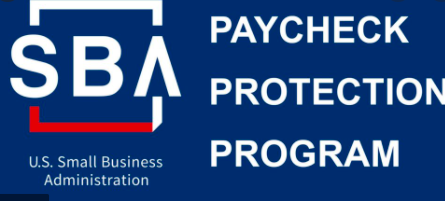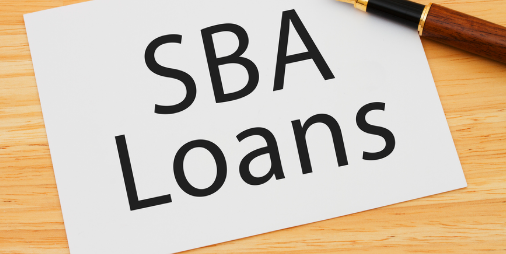SBA Help for Small Businesses to Survive COVID – H.R. 748 : Part 2of 2

By Debbie Gregory.
The federal Small Business Agency known as the SBA has a few new ways to help small businesses stay in business while we all navigate the COVID crisis. Thanks to H.R. 748 the SBA has been able to expand their loan programs with new offerings for small businesses as well as some specific options for large corporations.
What Other Assistance does H.R. 748 Provide?
The program also provides $17 billion dollars to small businesses that have existing SBA loans. These funds can be used to pay six months of principal and interest payments on existing SBA loans.
1.) Additionally, the program provides $10 billion dollars for disaster loans and emergency grants. Each of these types of loans are limited to $10,000 per small business. These types of loans are quite like the Paycheck Protection Program or PPP described in part one of this mini article series. They can be used for other operational expenses beyond payroll, mortgage or rent, and utilities. In theory, any small business that applies for an economic injury disaster loan receives an advance, within 3 days, of $10,000 regardless of whether they eventually are approved for the loan. This $10,000 advance does not need to be repaid either. The loan itself can be for up to $2 million dollars at a low interest rate (currently it is 3.75% for small businesses and 2.75% for nonprofit organizations). Repayment terms vary. You can apply for this loan directly from the SBA here> https://covid19relief.sba.gov/.
2.) The program also provides $265 Million dollars for SBA business development services. The SBA offers Small Business Development Centers (SBDCs) that provide no-cost services for small businesses and entrepreneurs that will assist in critical business areas such as:
- Consulting
- Mentoring
- Training services
- Business development services
- and much more
What Other Financial Assistance Programs Have Been Added for Businesses that Do Not Qualify for Other SBA Programs?
The COVID-19 pandemic is having severe economic consequences all over the United States. Many larger businesses are ineligible for SBA programs. However, the goal of H.R. 748 is to assist large employers as well. Some of the additions that can help larger companies include:
1.) H.R. 748 states that the Federal Reserve can now make loans, as well as loan guarantees, to businesses not covered by other programs. They can also now make loans to state and local governments. Unlike the SBA programs for small businesses, the Fed cannot forgive these loans and borrowers must repay them.
2.) H.R. 748 also provides the federal -19 pandemic. The funds are as follows:
- $25 billion for loans to passenger air carriers
- $4 billion for loans to cargo air carriers
- $17 billion for loans to businesses critical to maintaining national security
- $32 billion for additional financial assistance to air carriers and related employers (such as caterers and airport contractors)
Small Business or Large Corporation – if you need help to keep your business afloat while the COVID-19 pandemic continues to rage across the United States, then check out what is available to you from the SBA and H.R. 748. We advise that patience is in order.
If you are not yet a member of VAMBOA, the Veterans and Military Business Owners Association, we invite you to join. Please be advised that there are not any dues or fees and you can use our seal on your collateral and website. You may register for membership here: https://vamboa.org/member-registration/ ‘’
Everyone stay safe and healthy!











